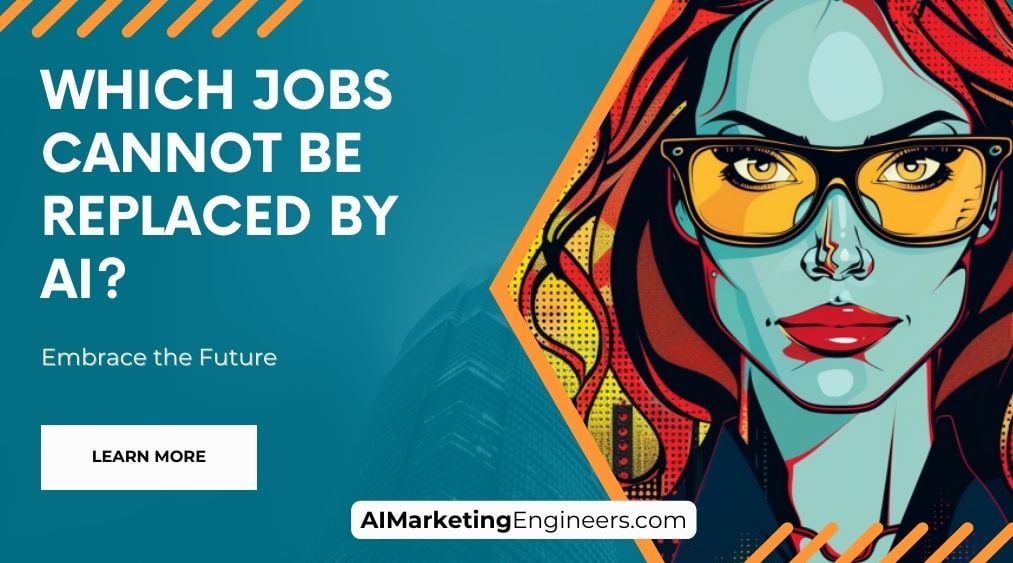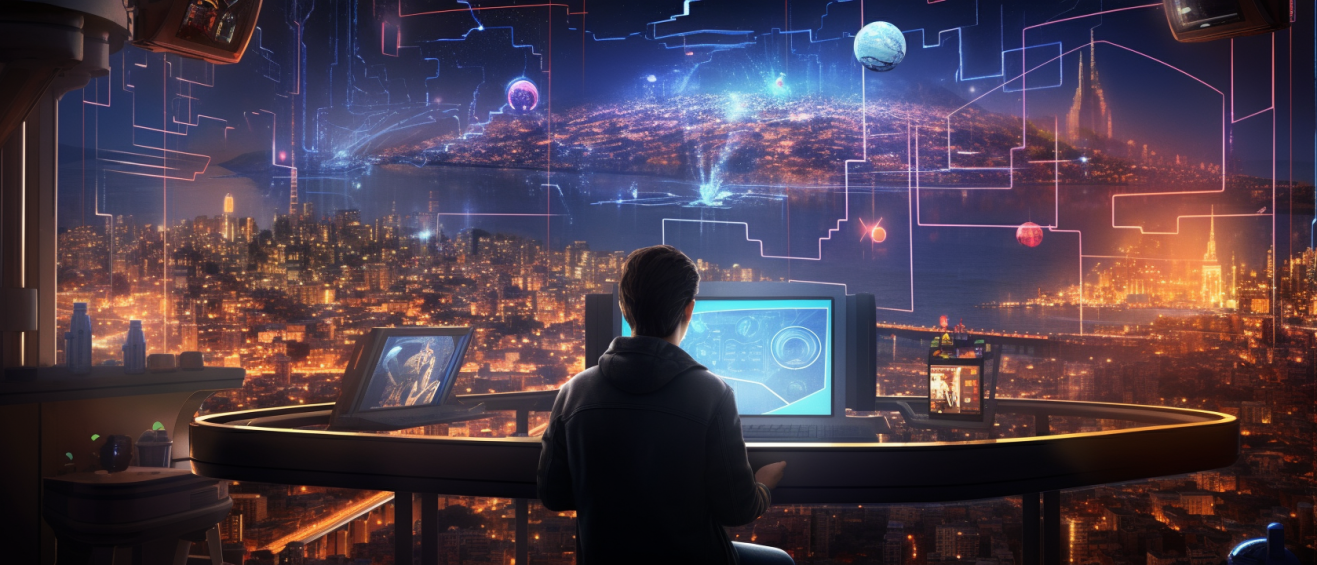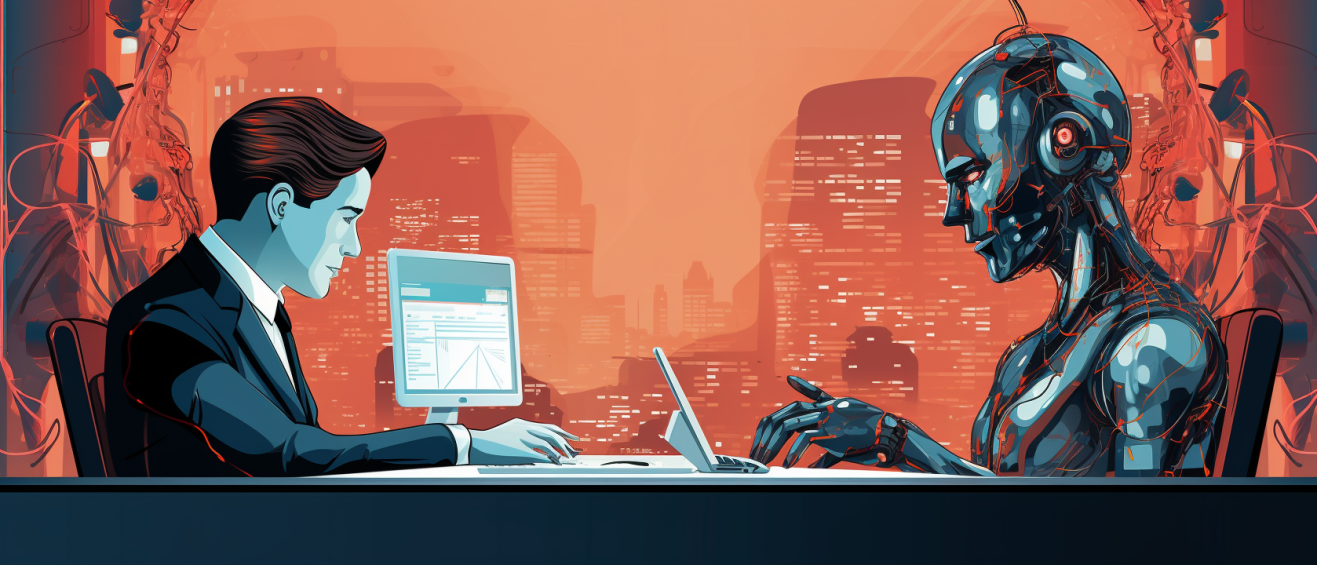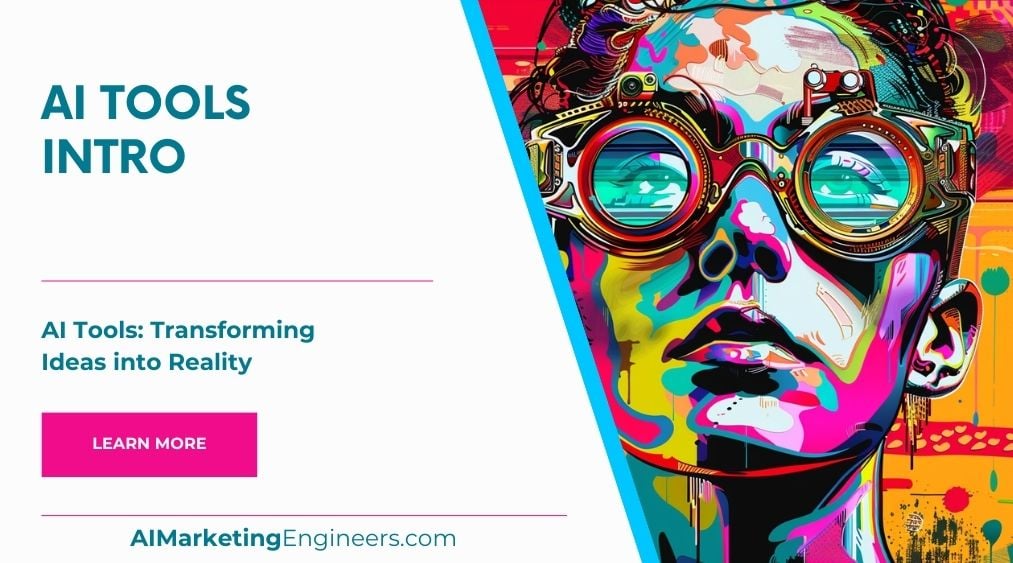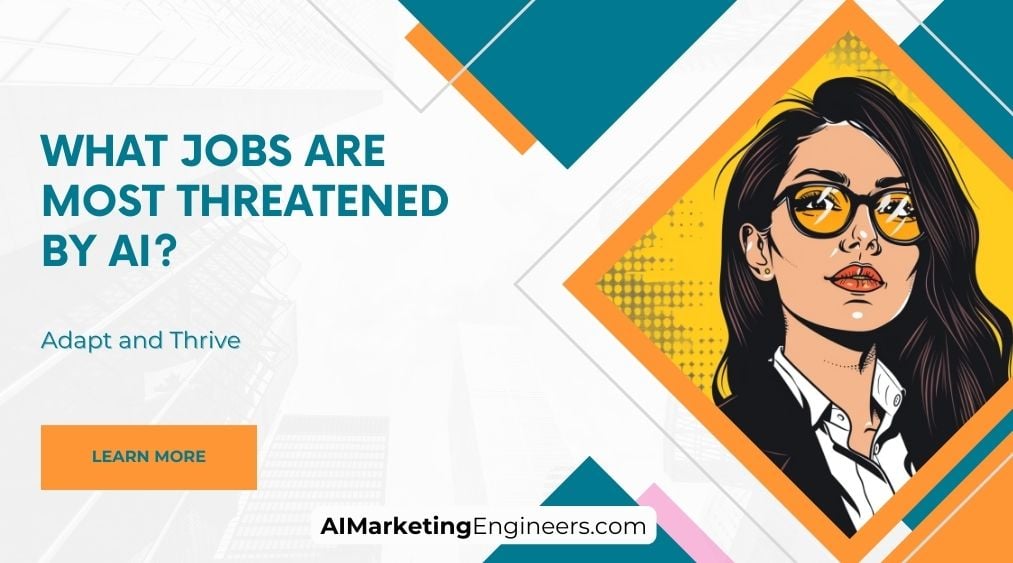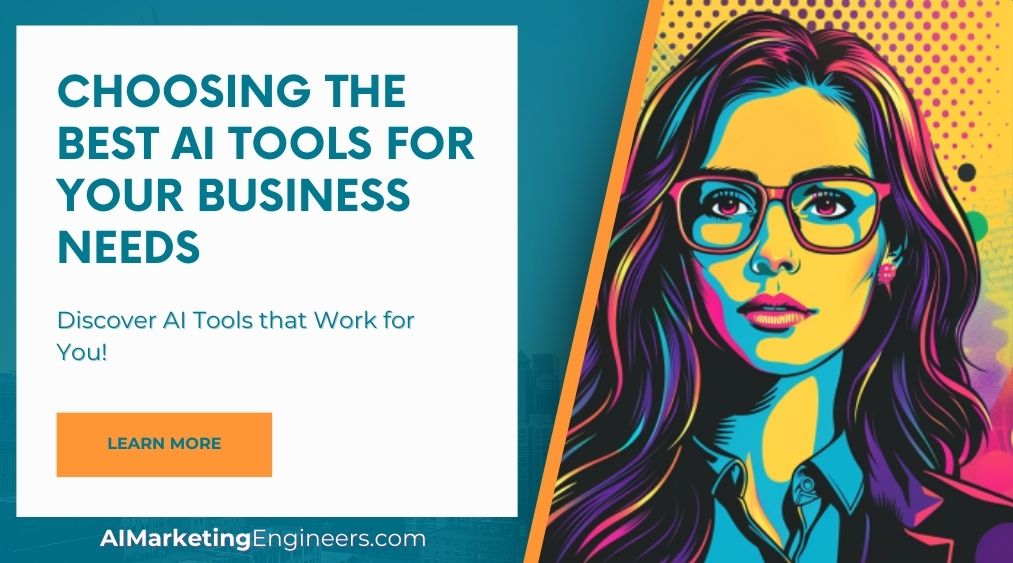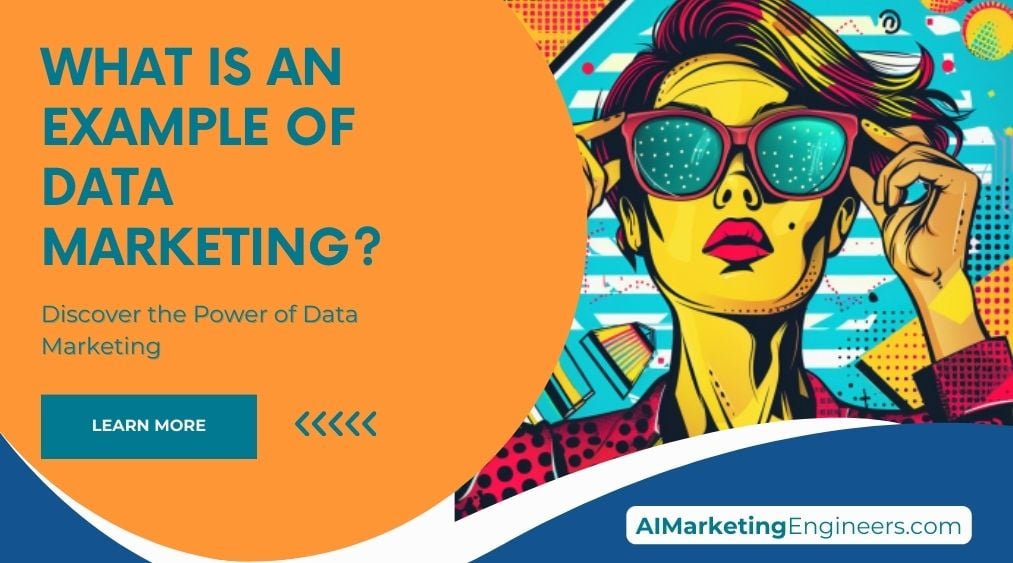Key Takeaways
✅ Human Creativity and Innovation: Think machines can match the human mind's creativity? Not quite. Careers in the arts and creative industries harness the irreplaceable power of human imagination and original thinking. While artificial intelligence may offer tools, the artist's unique vision is untouchable by algorithms.
✅ Social Interaction and Emotional Intelligence: Can a robot understand a human heart? Jobs rooted in empathy and personal connections, like counseling and teaching, thrive on the subtle intricacies of human emotions – a language yet to be fluently spoken by machines.
✅ Highly Skilled Manual Labor: Will AI ever perform delicate surgeries or fix a leak under pressure? Trades requiring fine-tuned motor skills and split-second decisions need the human blend of expertise and adaptability – something the cold precision of artificial intelligence hasn't mastered.
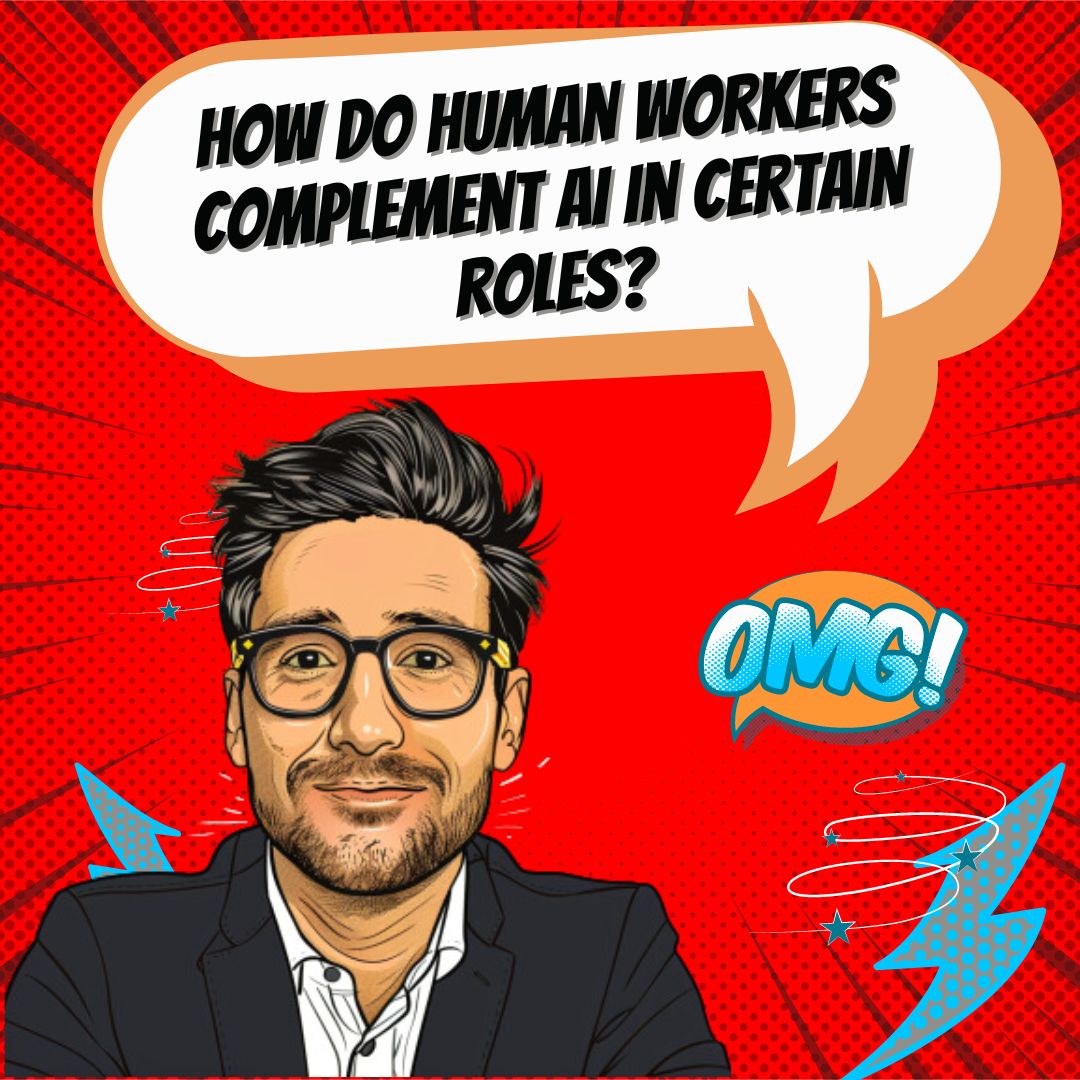
Introduction
Have you ever wondered which careers stand tall in the face of our digital future? With the rapid advancement of artificial intelligence, there's a lot of chatter about which jobs could be next in line to bow out to the bots. But what if I told you that certain jobs harbor a spark of humanity so vibrant that AI can't come close to replicating it? Professions steeped in human creativity and innovation, social finesse, and even the rugged dance of manual skills – they're not just surviving; they're thriving.
As we delve into this world, we'll explore not only the roles that defy automation but also how nurturing these areas of expertise could be the secret to an irreplaceable career. These aren't just jobs; they're a testament to human adaptability and ingenuity. By the end, you'll glimpse groundbreaking insights into how we can all find our place alongside the rise of the machines – not just as workers, but as irreplaceable creators, thinkers, and doers. Ready to see where you fit into this unstoppable wave of humanity? Let's get started.
Top Statistics
| Statistic | Insight |
|---|---|
| Creativity-Driven Professions: Artists, writers, musicians, and designers are among the least likely to be replaced by AI. (Source: Forbes) | These careers thrive on the uniqueness of human imagination and the emotional depth which AI cannot replicate. |
| Human Interaction Jobs: Therapists, counselors, and teachers won't easily be replaced due to their complex interpersonal skills. (Source: Deloitte) | The quality of human connection and the ability to navigate social nuances are irreplaceable attributes in these professions. |
| Highly Skilled Trades: Tradespeople like plumbers and electricians have jobs secure from AI. (Source: World Economic Forum) | The need for physical dexterity and adaptability in unpredictable environments keeps these trades in human hands. |
| Healthcare Professionals: Doctors and nurses need to make critical decisions under pressure, a task AI is far from mastering. (Source: McKinsey) | Empathy and nuanced judgement are vital in healthcare, which robots cannot provide. |
| Leadership Roles: CEOS and managers can breathe easy; their leadership and strategic skills can't be emulated by AI. (Source: Harvard Business Review) | Leading teams and strategic foresight are inherently human traits that are challenging to codify into AI algorithms. |
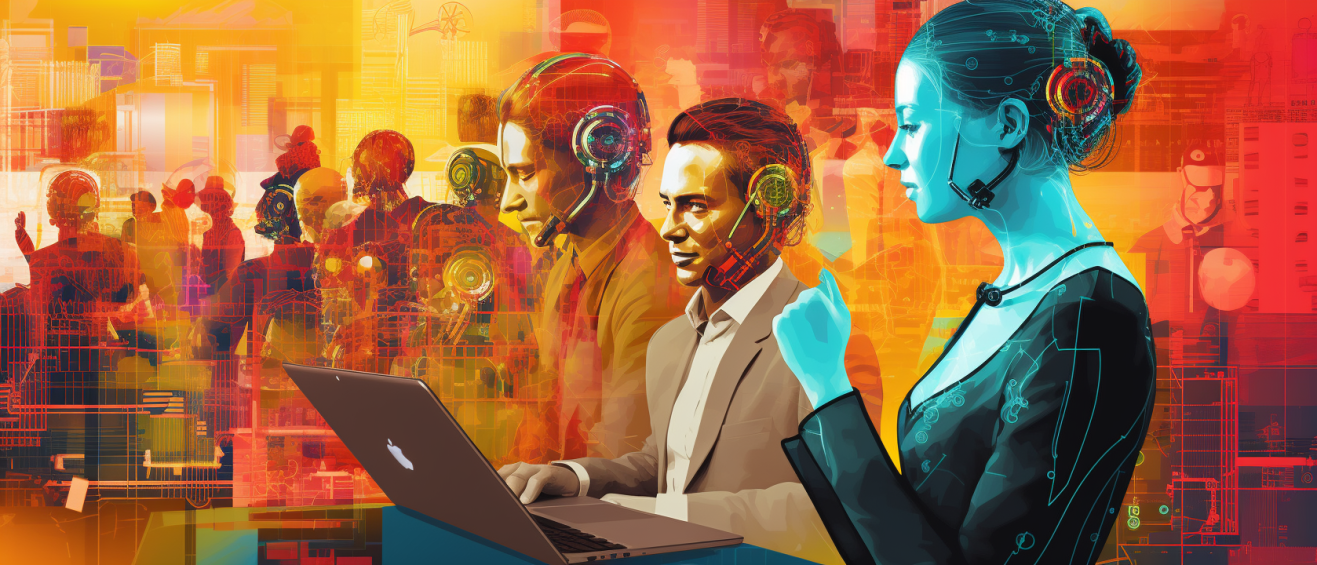 The Essence of Human Creativity
The Essence of Human Creativity
Ever wonder what makes your favorite tunes or the brushstrokes in a painting so captivating? Human creativity is the secret sauce here. It’s one thing to program a robot to follow patterns, but another to create something that makes you feel. Whether it's a soul-stirring novel or a sculpture, creativity is often linked with emotional resonance—that connection we feel in our bones. Can machines replicate the spark behind a songwriter's lyrics that seem to speak just to you? It's hard to imagine, right?
Emotional Intelligence: The Human Superpower
Here's food for thought: when you're having a rough day, would you rather talk to a robot or a friend who just gets you? Jobs that hinge on emotional intelligence—like therapists or teachers—require more than just understanding the dictionary definitions of emotions. They're about reading the room, interpreting non-verbal cues, and providing comfort. Think about it—empathy is a nuanced gig. We’re comfortable with people who share our joys and sorrows, not robots programmed with sympathy scripts. Do you see a machine giving you a heartfelt hug the way a person can?
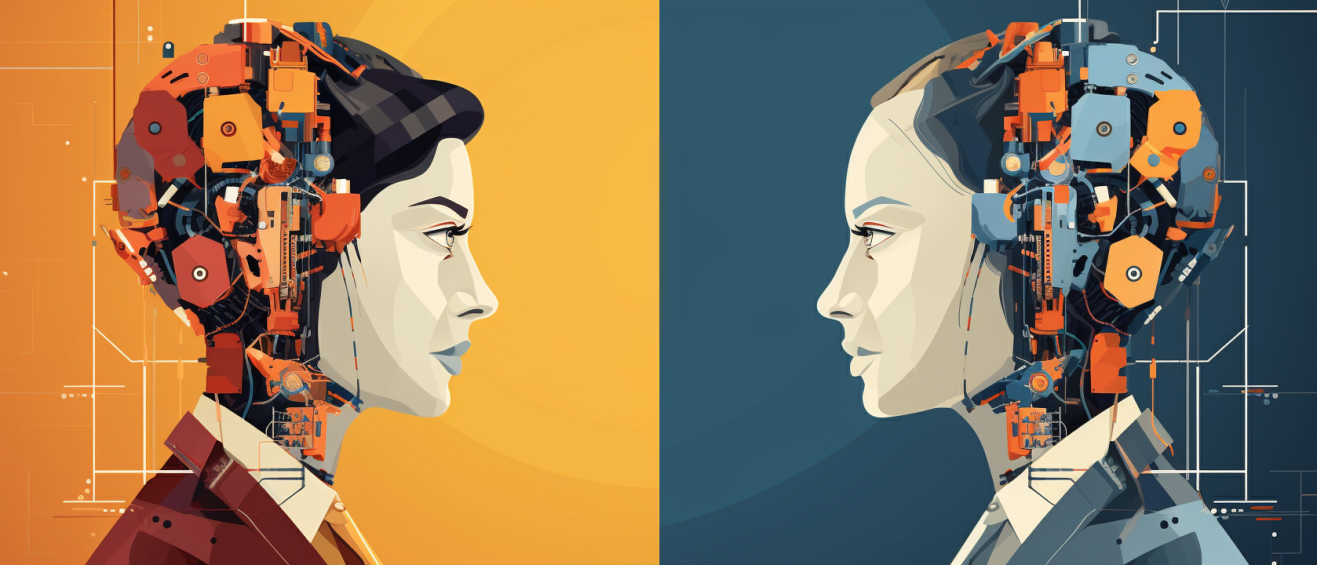
Leadership: More Than Just Strategic Moves
When was the last time a machine inspired you to chase your dreams? Leadership isn't just about making strategic decisions; it's about inspiring others and leading by example. Can algorithms account for intuition, the gut feeling that often leads to breakthroughs? Whether it's in the boardroom or on the battlefield, leadership demands a fusion of courage, charisma, and the ability to rally people together. Could a computer ever truly earn the loyalty and trust of a human team?
The Human Touch in Skills and Dexterity
Have you ever been mesmerized by a craftsman at work? There's a certain dexterity in human craftsmanship that robots have yet to match. From chefs to surgeons, the precise and graceful movements, the subtle adjustments—there's an art to these skills. It’s the human touch, quite literally, that makes the difference between a meal and a culinary experience, or a routine operation and a life-saving procedure. Robots may be precise, but can they match the finesse of a trained human hand?
Adapting in an Ever-Changing Context
Consider the agility of a live reporter adapting as the story unfolds, or a diplomat smoothing over complex international relations. This realm is where contextual understanding and adaptive thinking shine. Life throws curveballs, and humans are adept at swinging back with context-appropriate responses. How do you program a machine to process the subtleties of human behavior or the nuances of cultural norms in real-time?
The Complex World of Ethical Choices
Here’s a hard nut to crack for AI: making ethically sound decisions. The domains of law, philosophy, and spirituality are deeply steeped in ethical decision-making—a maze of gray areas and conflicting points of view. It's about wisdom, compassion, and accountability. Imagine a courtroom where a machine is weighing human fates—somehow, it lacks the gravity and moral compass that humans bring to the table, right?
As we move forward, keep in mind that while AI and automation are powerful tools, they are just that—tools. They don't possess our compassionate spark, that ineffable human quality that breathes life into our work and relationships. What do you think—could a collaborator of circuits come to complement, not compete with, the irreplaceable human spirit?
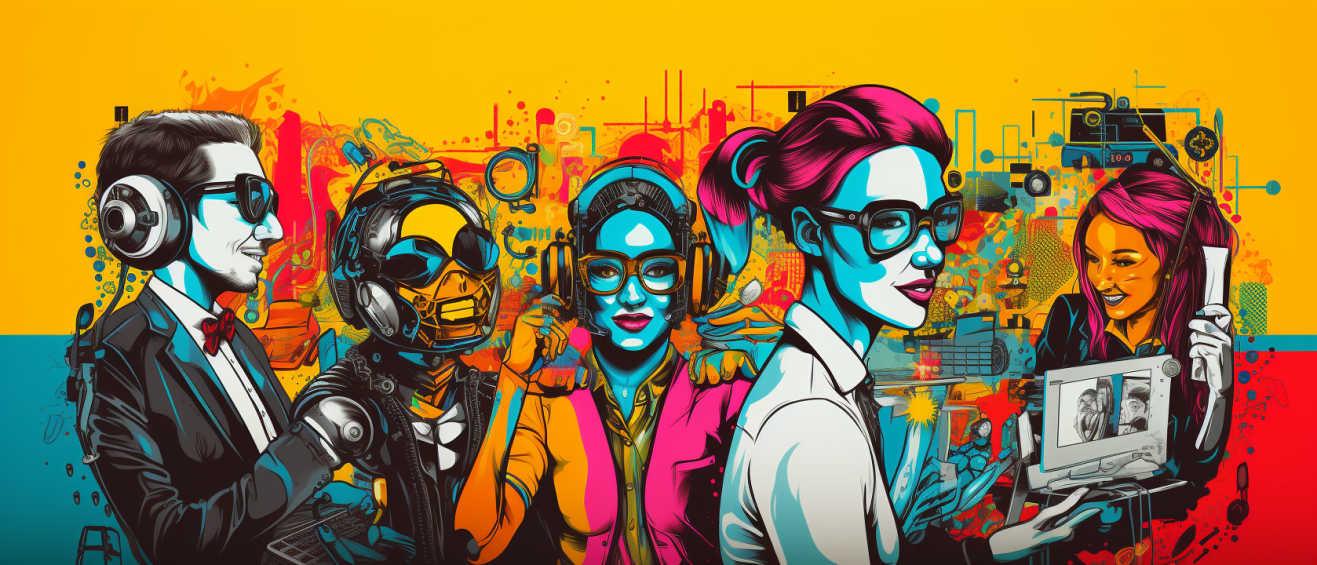
AI Marketing Engineers Recommendation
Recommendation 1: Invest in Human-Centric Skills Training: Let's face facts: no matter how much the world advances, there are certain things a machine just can't grasp. Empathy, creativity, intuition - those are hard to code. So here’s the scoop: upskilling workers in areas that are essentially human and difficult to automate should be a priority. We're talking emotional intelligence, problem-solving, and persuasive communication. The data is clear: according to a study by McKinsey Global Institute, demand for these skills will rise sharply by 2030. So, it’s time to get ahead – empower your team now to thrive in that AI-proof future.
Recommendation 2: Grow Jobs That Require Human Flexibility: Have you noticed jobs that involve unpredictability seem to stick around? Maybe it's because there’s something about the human touch that AI isn’t cracking anytime soon. Tasks that require adapting on the fly, responding to unique human needs or navigating complex social dynamics – those are in the green zone. Just look at health care, education, and high-stakes negotiation roles. The trends show a bright future for careers where chaos is just part of the job. Plug into this insight: targeting and nurturing talent for such roles could give your organization the ultra-resilient workforce it needs.
Recommendation 3: Harness AI to Support, Not Replace, Human Work: Now, here’s an application idea you can really sink your teeth into: how about using AI as the ultimate assistant? Instead of looking to replace people, slot AI into your plan as the support superstar. Automated data analysis, pattern recognition, scheduling – things that free up humans to tackle more complex, creative work. The benefit? Well, IBM reports that businesses embracing AI to augment human intelligence see higher revenues. That's right, it's not about substitution – it's about amplification. Get the tech to take over the drudgery, and let your folks shine where it matters.
Conclusion
So, what's the takeaway from all of this? Well, it seems that human creativity and the personal touch are here to stay, no matter how smart machines get. Think about it – can a robot dream up a captivating story, feel the deep emotions contained in a piece of music, or design a building that takes your breath away? It's this irreplaceable spark of originality and imagination we bring to the table that sets us apart.
And how about those special moments when someone just "gets" you? Whether it's a teacher who inspires a love for learning or a therapist who offers comfort during tough times, that kind of emotional intelligence is something AI can't quite grasp yet. It's about understanding the unsaid, the nuances of human emotion that can't be quantified or programmed.
Let's not forget the leaders making tough calls every day. Whether steering a company through rough seas or making decisions that affect millions, this strategic decision-making involves a blend of gut instinct and calculated risk – something AI hasn't mastered.
Then there's the undeniable value in the work of surgeons, chefs, or athletes. Their precision and hands-on skills are matched by their ability to adapt in the blink of an eye – traits that robots still can't emulate perfectly.
Think about the unpredictable scenarios faced by emergency responders or the complex cultural nuances navigated by diplomats. This kind of contextual understanding and adaptive thinking is where AI falls short and humans shine.
Moreover, when it comes to the delicate balance of morals and ethics, would you trust an algorithm to make a life-changing judgment or navigate the moral maze of human existence? These ethical decision-making roles carry a weight that, at least for now, rests solely on human shoulders.
As we look to the future, it's not about man versus machine; it's about how we work with technology to better the world. The goal? To let AI take on what it does best, leaving us free to focus on what makes us inherently human. So, the real question is, how will we use our irreplaceable human skills to complement the rise of AI and shape a world where everyone finds their place?
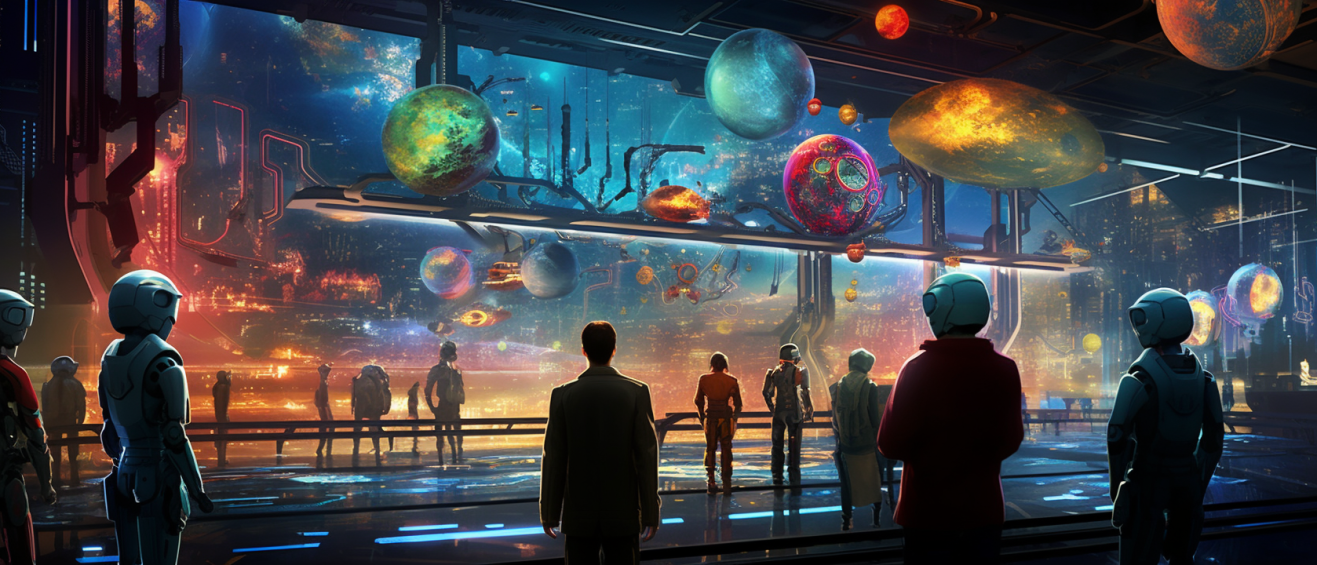
FAQs
Question 1: What are some jobs that cannot be fully automated by AI?
Answer: Creative roles like artists, writers, musicians, and designers rely heavily on human imagination and emotional understanding, making them less likely to be fully replaced by AI.
Question 2: Can AI replace healthcare professionals such as doctors and nurses?
Answer: While AI can assist in diagnosing diseases and analyzing medical data, it cannot replace the empathy, bedside manner, and critical thinking skills required from healthcare professionals.
Question 3: Will AI replace jobs involving complex decision-making and problem-solving?
Answer: Advanced AI may help streamline decision-making processes, but high-level strategic planning and creative problem-solving still require human intuition and experience.
Question 4: How will AI affect jobs requiring social interaction and communication?
Answer: Some customer service positions might be partially automated through chatbots, but personalized interactions, negotiation, and conflict resolution often demand human intervention.
Question 5: Are jobs that involve physical dexterity and fine motor skills safe from AI replacement?
Answer: Tasks that require manual precision, such as surgery, construction work, and artisanal craftsmanship, are unlikely to be entirely automated due to their complexity and unpredictability.
Question 6: Is there any job that is completely immune to AI disruption?
Answer: No single job is 100% immune to AI disruptions, but those involving uniquely human qualities like creativity, emotion, and social intelligence are more resilient against full automation.
Question 7: How should I prepare myself for an increasingly AI-driven future?
Answer: Focus on developing your soft skills (e.g., communication, teamwork, adaptability) and stay up-to-date with emerging technologies to remain competitive in the job market.
Question 8: Will AI create new job opportunities even if it replaces existing ones?
Answer: Yes, AI adoption will generate new job opportunities related to its development, maintenance, and integration into various industries.
Question 9: Should I worry about my job being taken over by AI?
Answer: Instead of fearing AI, consider how you can leverage its capabilities to enhance your job performance or explore new career paths that complement AI technology.
Question 10: What are some resources for staying informed about the impact of AI on jobs?
Answer: Follow industry publications, attend conferences, consult with experts in AI ethics and policy, and engage with online communities dedicated to discussing the future of work and AI.
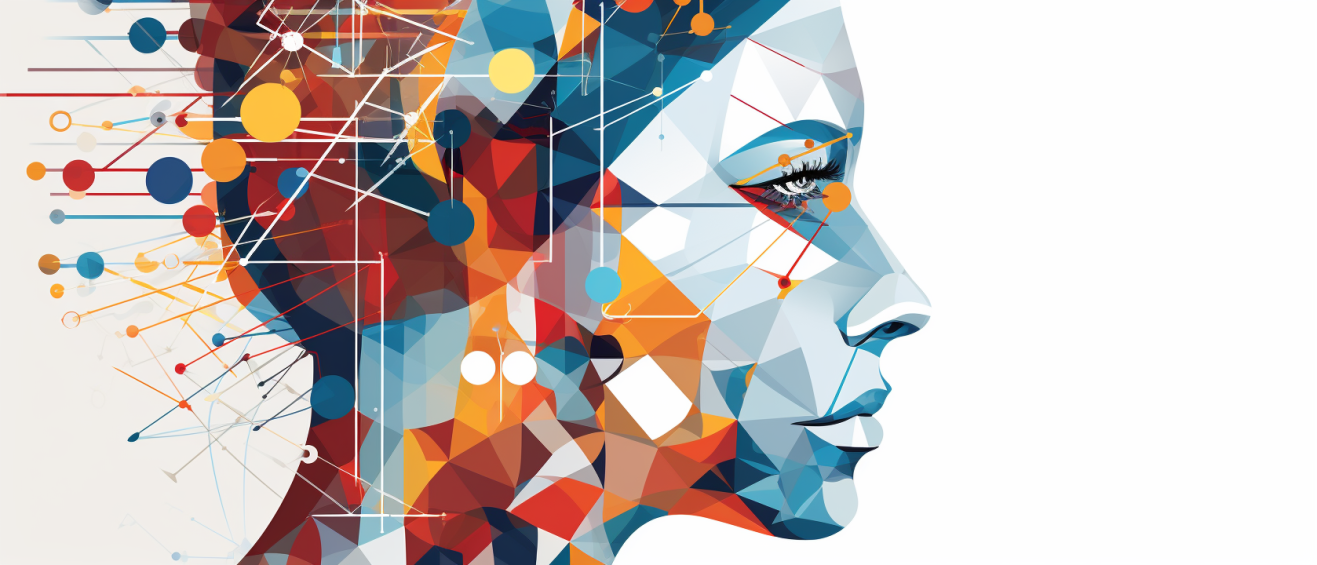
Academic References
- Frey, C. B., & Osborne, M. A. (2013). The Future of Employment: How Susceptible are Jobs to Computerisation? Oxford University Press. This influential paper explores the vulnerability of various jobs to automation. It posits that around 47% of jobs in the US could be at risk, highlighting creativity, social intelligence, and the ability to perform perception tasks as areas where humans have the edge over machines.
- McKinsey Global Institute. (2018). Roles and Skills that Will Remain Resilient to Automation. McKinsey & Company. This report takes a more hopeful stance, suggesting that even though many jobs may see parts of their tasks automated, roles that involve emotional understanding, inventive thinking, advanced problem-solving, and interpersonal interactions are still very much in the human domain. Healthcare professionals, educators, and artists are some cited examples.
- Parkes, D. C., et al. (2019). Artificial Intelligence and Life in 2030. Harvard John A. Paulson School of Engineering and Applied Sciences. A deep dive into the implications of AI, this robust report argues that roles demanding a high degree of creativity, empathy, and critical thinking—like those in law, journalism, architecture, and psychology—are unlikely to be entirely supplanted by AI shortly.
- Schwab, K. (2017). The Future of Work in the Age of the Fourth Industrial Revolution. World Economic Forum. Klaus Schwab discusses the need for reskilling and emphasizes the growing importance of intrinsically human skills such as empathy and creative thinking. He addresses the idea that as AI grows more sophisticated, these uniquely human abilities will become ever more precious.
